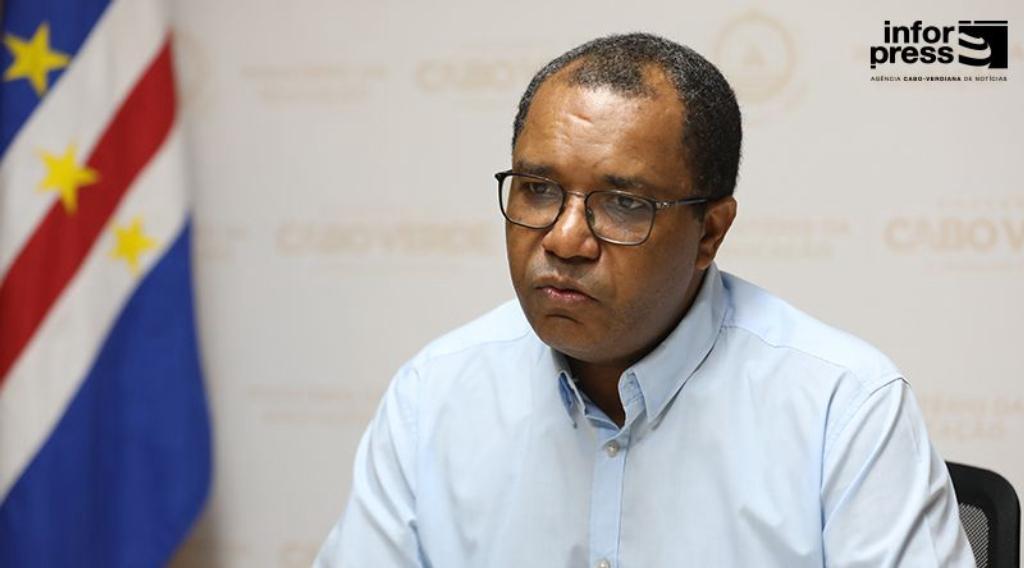Africa-Press – Cape verde. Cape Verde will participate in the Programme for International Student Assessment (PISA) in 2026, an initiative that aims to evaluate the quality of education compared to more developed countries, the Minister of Education, Amadeu Cruz, announced today.
“We will begin the PISA exercise in 2026, still experimental, a pilot experience, to see how we compare to developed countries and, consequently, to adjust educational policies,” the minister stated in an interview with Inforpress regarding preparations for the 2025/2026 school year.
The Programme for International Student Assessment (PISA), promoted by the Organization for Economic Cooperation and Development (OECD), is administered every three years and assesses the performance of 15-year-old students in reading, mathematics, and science. It is considered a global benchmark for comparing educational systems.
According to the minister, this instrument will allow for the creation of international benchmark metrics that position Cape Verde relative to more advanced countries.
Amadeu Cruz announced that a national school barometer will be launched later this year, based on national tests and internal student assessments, to measure the performance of various municipalities and schools and adopt corrective measures if necessary.
While recognizing the need for external assessments, Amadeu Cruz believes that the quality of Cape Verdean education has seen notable improvements.
“We are almost at the forefront of countries in terms of educational quality, at least in Africa. And we must say that our students who attend higher education outside the country are excellent students, they are good students,” he stated, noting that Cape Verdean students in Portugal, Brazil, China, Macau, and other countries stand out among the best.
The minister also highlighted that the new generations “speak Portuguese better than many,” are proficient in English, technology, and science, adding that students who complete 12th grade already have a level “quite comparable to the quality of some countries” with which Cape Verde has greater educational interaction.
“It’s one thing politically to say there’s no quality; the system’s results are another. And an even different thing is the utopia that should always govern educational policies, anywhere in the world. (…) Educational systems must be constantly adapting to developments in knowledge,” he argued.
Amadeu Cruz recalled that educational systems must constantly adapt to developments in knowledge and, therefore, it is necessary to constantly discuss the quality of education, “without complexes and without politics.”
Regarding concrete indicators, the minister pointed out that the pass rate in primary and secondary education is around 90%, with notable improvements in the 12th grade.
Regarding school dropout rates, Cape Verde saw a significant reduction, from approximately 16.5% in 2016 to approximately 2% in 2024. To continue reducing this rate, the minister highlighted the importance of raising awareness among families.
“The main measure is raising awareness among families. We must emphasize that basic education is mandatory and families must cooperate. (…) We will be working with families to identify at-risk cases and respond through school social work and psychoeducational support,” he said.
Amadeu Cruz also reaffirmed that multidisciplinary special education support teams will continue to work to further reduce the dropout rate and improve achievement levels.
For More News And Analysis About Cape verde Follow Africa-Press






